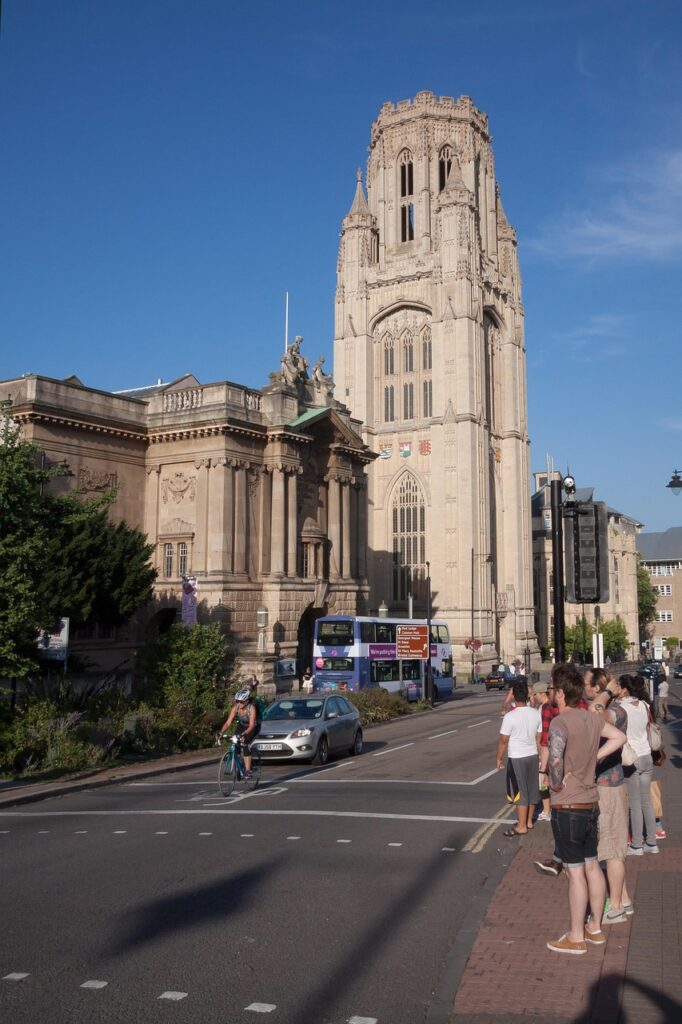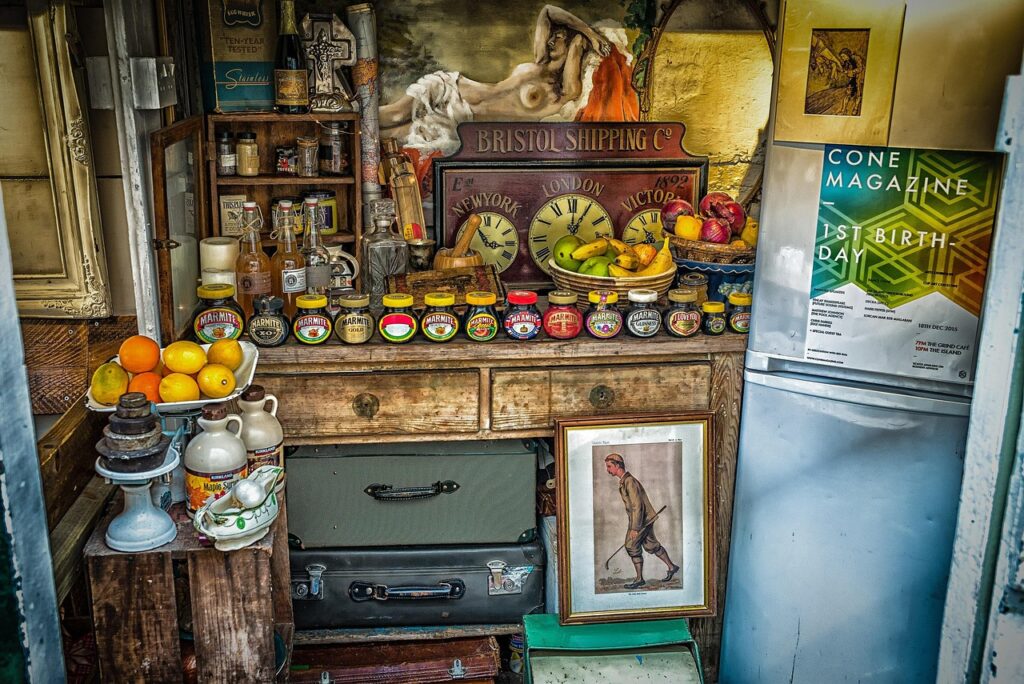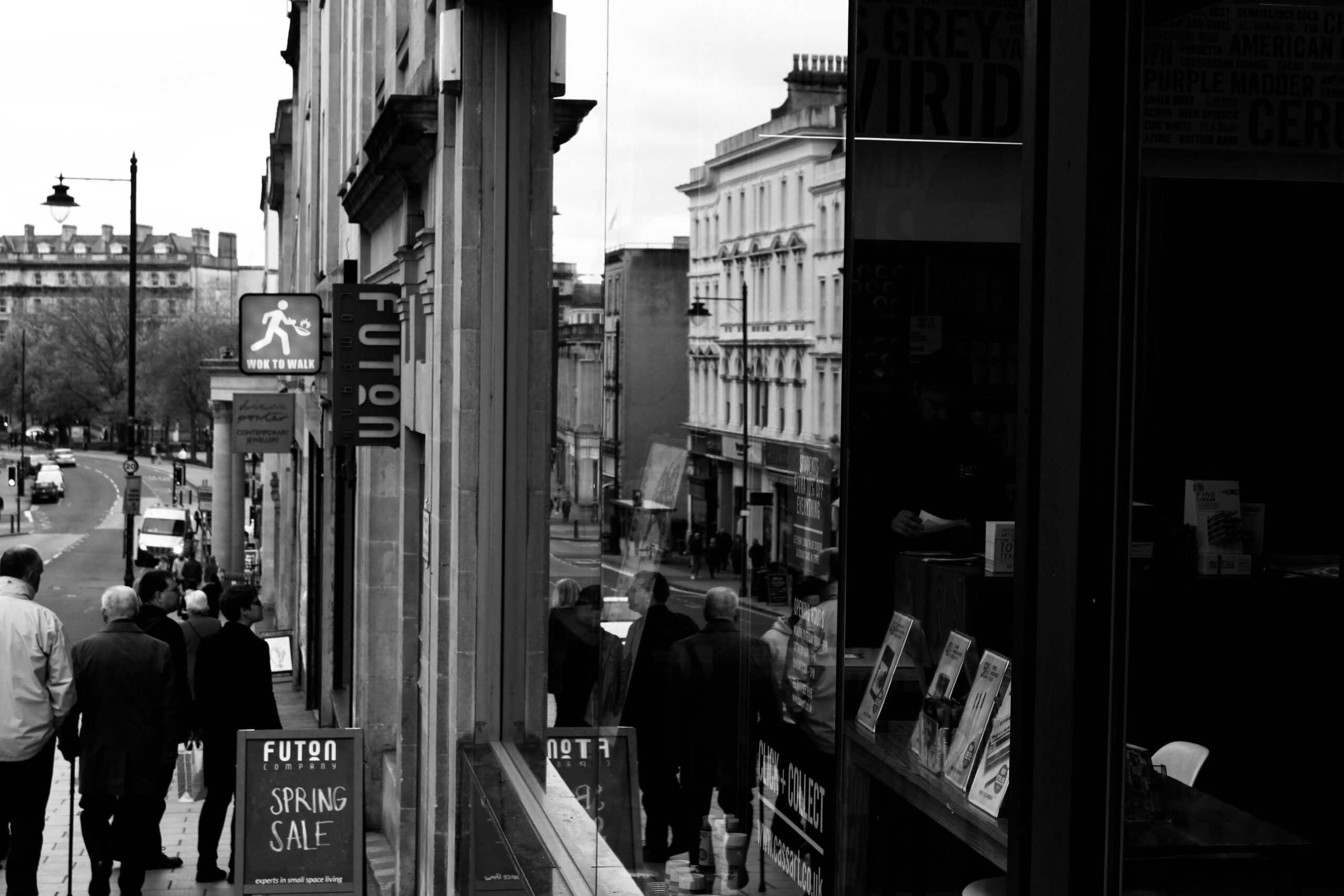From Cameroon’s stirring poems to Slovakian novellas, a new festival in Bristol is putting translators and translated fiction center stage. Translated By, Bristol (May 12–25, 2025) celebrates a surge in UK sales of world literature—even as the art of translation itself often remains in the shadows. Co-organisers translator Polly Barton and bookseller Tom Robinson have crafted a programme that blends serious debate with playful spectacle, spotlighting undervalued languages, pioneering publishers, and the creative spark of translation. Here’s a deeper look at the festival, its wider context, and why literary translation matters more than ever.

From Niche to Boom: The Rise of Translated Fiction in the UK
Translated fiction in the UK has seen remarkable growth:
- Shelf-Life Success: Asako Yuzuki’s Butter, translated by Barton, sold nearly 250,000 copies in 2024, proving that non-English voices can break into the mainstream.
- Social Media Power: A viral BookTok recommendation propelled Ros Schwartz’s translation of Jacqueline Harpman’s I Who Have Never Known Men to 45,000 UK sales—a more than tenfold jump on 2022 figures.
- Publisher Pioneers: Independent presses—Fitzcarraldo, Peirene, Comma—are driving risk-taking in translation, often championing debut translators and less-familiar languages.
- Market Share: The number of translated works in the Booker Prize shortlist has doubled over five years, reflecting both editorial shifts and reader appetite.
Despite this, translators typically earn only 10–15% of an author’s royalties, and the profession remains poorly understood by many readers and industry insiders alike.
Festival Highlights: Celebrating Translator Creativity
Conversations & Masterclasses:
- A panel with five International Booker shortlisted translators explores the nuances of style, voice, and cultural context.
- Translator-author dialogues, including Hassan Blasim (Arabic) with Jonathan Wright, and Jean-Claude Awono (French/Cameroonian) workshops, shed light on collaborative processes.
Translation Duels:
- A live “slam” where translators Adriana Hunter and Frank Wynne compete over a French text, revealing how minute choices can shift tone and meaning. Audience members with basic French can join in, demystifying the craft.
Language Beyond the Usual Five:
- Events on Slovak (This Room Is Impossible to Eat) and Danish (Iron Lung) translation, ensuring that Romance languages no longer dominate the conversation.
Independent Bookshops as Hubs:
- Storysmith and Gloucester Road Books host readings, pop-up catalogue fairs, and networking sessions for aspiring translators, reinforcing the role of local booksellers in cultivating translation culture.
The Wider Landscape: Funding, Education, and Technology
Public Investment:
Arts Council England invested over £16.8 million in 428 internationally focused cultural projects in 2022–23, including translation residencies and co-productions—signaling growing institutional support for cross-border literary exchange.
Academic Pathways:
University of West England (UWE) and other UK institutions now offer dedicated Translation Studies master’s programmes, training cohorts of new translators in everything from legal to literary texts.
Digital Aids:
AI-powered tools (e.g., machine-assisted draft generators) are entering editorial workflows, allowing translators to focus on nuance and creativity rather than mechanical tasks—though human oversight remains crucial to avoid “hallucinations.”

Why Translation Matters
- Cultural Diversity & Empathy: Translated literature invites readers into worlds they’d otherwise never know, fostering global understanding.
- Resistance to Homogeneity: Highlighting under-represented voices counters xenophobia and cultural uniformity—a festival aim articulated by its organisers.
- Economic Opportunity: As publishers tap into new markets, translators become key collaborators in unlocking sales across Europe, Africa, Asia, and the Americas.
- Preservation & Innovation: Translation preserves endangered literatures while encouraging hybrid forms, such as graphic-novel adaptations and multilingual editions.
Conclusion
Translated By, Bristol is more than a celebration—it’s a call to recognition. By elevating translators’ profiles, showcasing a panoply of languages, and engaging audiences directly in the act of translation, the festival marks a pivotal moment in Britain’s literary life. For readers, booksellers, and cultural policymakers alike, it underscores that translation is not a mere service but an art form essential to a vibrant, inclusive reading culture.
Frequently Asked Questions (FAQs)
Q1: Why focus on lesser-taught languages?
To broaden literary horizons, resist Anglo-centrism, and amplify voices from regions often marginalized in global publishing.
Q2: What is a translation duel?
A live event where two translators present and compare their versions of the same text, revealing interpretive choices and inviting audience engagement.
Q3: How can I support translators?
Buy translated books, tip translators directly (many have PayPal or Ko-fi links), attend translation events, and advocate for fair royalty shares and public funding.
Q4: Are AI tools replacing human translators?
No—AI can assist with routine phrasing but lacks the cultural sensitivity and creative judgment that human translators provide.
Q5: What career paths exist in literary translation?
Graduates often combine freelancing with roles in publishing, academia, subtitling, or cultural diplomacy. Strong language pairs and specialization (e.g., poetry, graphic novels) enhance prospects.
Q6: Will the festival be archived online?
Yes—many talks and duels will be live-streamed and available on the Translated By, Bristol website for on-demand viewing.

Sources The Guardian


